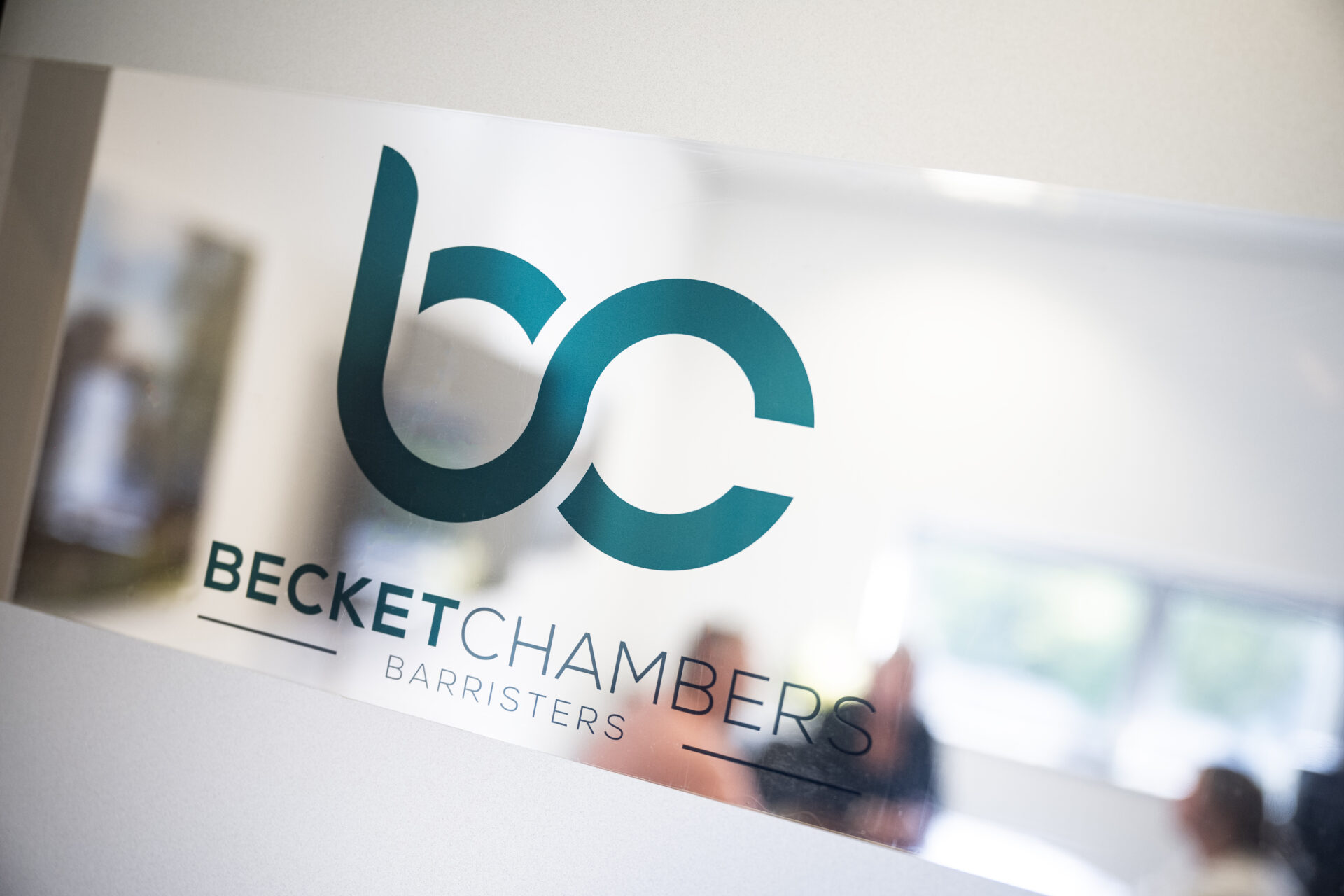
Paul represented the Claimant in a lengthy case involving a ‘granny annex’.
The Claimant and his sibling had purchased a house with ‘granny annex’ with the intention that the Claimant would live in the annex and the sibling and family would live in the house.
The property was purchased in the sole name of the sibling (with a mortgage also in their sole name) although both contributed a similar, significant, cash sum to the purchase price.
The relationship between the siblings deteriorated and the Claimant moved out. It was claimed that the Defendant’s family had occupied the whole property and rented out rooms in the house to lodgers to cover the mortgage. The Defendant denied renting out the property the income should be accounted for.
Paul’s client sought a declaration as to his 50% interest in the property, an order for sale and an account for the rental income generated and mortgage payments made.
The Judge found in favour of the Claimant – that the Defendant had occupied the whole property including the Claimant’s annex. The Defendant therefore had to pay a commercial rent for that occupation (but could keep any rental income from lodgers in the main house), which would be credited against (and substantially reduced the value of) the Claimant’s contribution towards the mortgage.
An order for sale was made, with a ‘fall back’ of sale by auction if the sale had not been achieved within six months.
For a number of reasons, the case took over five years from proceedings being issued to the final hearing.
Given the history of the case, and the conduct of both parties, the Judge made “no order for costs” so both parties had to pay their own costs!
